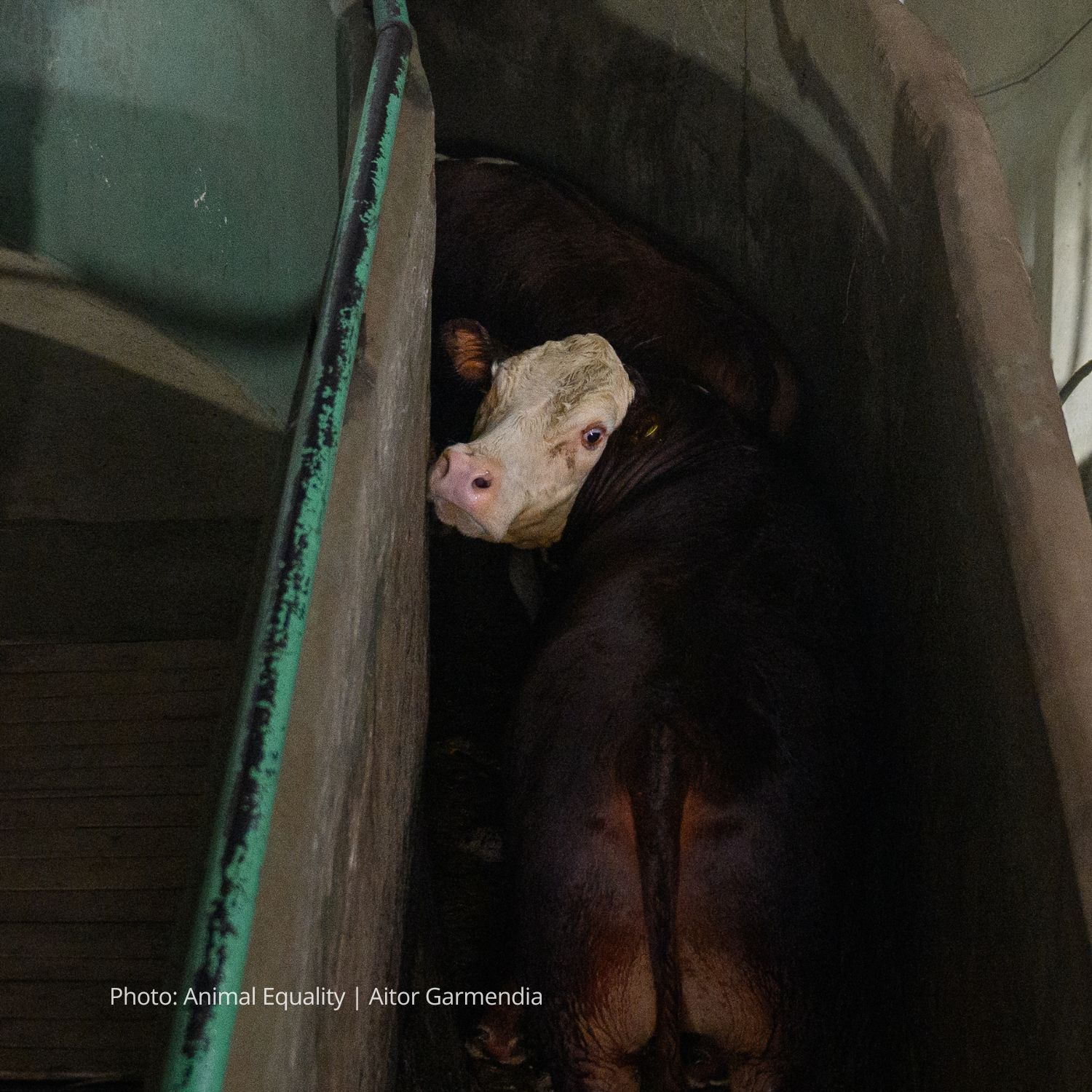Study points that cooked meat linked to childhood asthma and breathing issues


AGEs in the modern diet
The modern diet employs high-temperature cooking techniques such as barbecuing, grilling, roasting, baking, frying, broiling, and searing, which are supposed to make meat tasty. However, these processes result in the accumulation of harmful AGEs as by-products, which are formed when protein and fat bind to sugar through glycation. AGEs trigger an inflammatory immune response by latching onto ‘danger signal’ immune cells in the body, especially found in the lungs. This can result in oxidative stress, allergic reaction and inflammation, possibly resulting in the development of respiratory problems such as asthma.
The AGEs study and its findings
According to the observational study published in ‘Thorax’, increased cooked meat intake can directly worsen asthma and respiratory symptoms over the years. Based on the results of the National Health and Nutrition Examination Survey (NHANES) assessing health and nutrition among the US population from 2003 to 2006, the researchers explored the impact of dietary AGE intake through high meat consumption on respiratory symptoms.
Based on the responses of the 139-item Food Frequency Questionnaire, the researchers studied the dietary patterns of 4388 children between 2 and 17 years of age and calculated the amount of AGEs consumed. Further, the study participants’ available respiratory symptoms were assessed in correlation to the dietary information. As per the records, 537 (13%) children experienced wheezing over the years. Considering influencing factors such as age, sex, BMI, and asthma amongst others the findings revealed that a higher amount of AGE intake was associated with a significant increase in wheezing, disturbed sleep due to wheezing, wheezing on exercise and wheezing with a need for medication. Increased consumption of all meats was found to more than double the likelihood of disturbed sleep and the need for medication with regard to wheezing in children. While further research needs to be conducted to identify the cause and accurately measure AGE intake, the results are in line with other research that associates a pro-inflammatory diet with atopic wheezing. Another study demonstrated that cured meat is just as harmful as cooked meat with regards to respiratory symptoms.
The study implications
The direct implications of the study are clear – a diet full of AGE-rich foods such as cooked meat and saturated fats can result in a pro-inflammatory immune cascade resulting in high oxidative stress and allergies causing respiratory inflammation and asthma-like symptoms in the future. While one can argue that further study is required to understand exactly how AGEs cause adverse respiratory inflammation, meat consumption is a proven source of AGE’s entering the body and thus remains the underlying evil. Interestingly, a 2020 report by the UK Health Alliance on Climate Change states that red meat may be taxed to decrease consumption, promote sustainable healthy living and environmental safety. Such legislative measures along with the education of the masses are surely a step in the right direction.
On a personal level, cutting back or quitting meat consumption altogether is a sure way to prevent harmful AGE’s from entering and accumulating in the body.

- Diet and Asthma: Is It Time to Adapt Our Message?
- Increased advanced glycation end product and meat consumption is associated with childhood wheeze: analysis of the National Health and Nutrition Examination Survey



